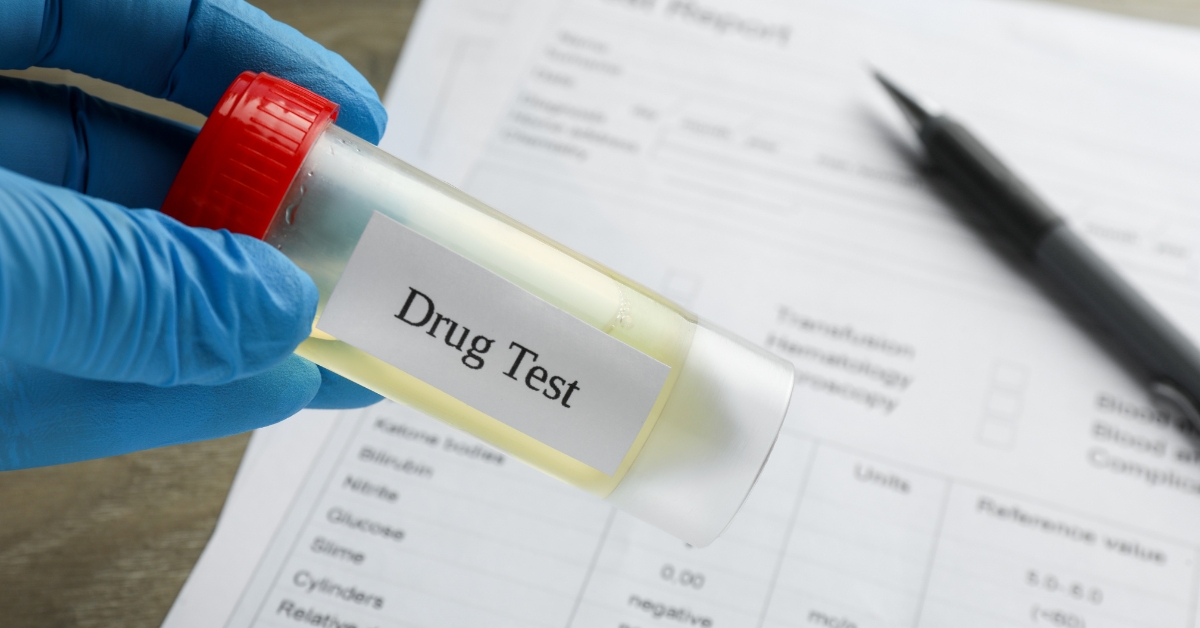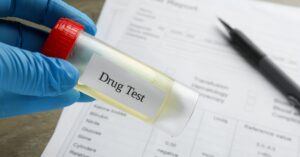
Imagine stepping into a doctor’s office, trusting that the medication prescribed will alleviate your ailment. Now, picture a scenario where that medication could harm you instead of heal. It’s a terrifying thought, but unfortunately, it’s a reality for many who receive medications without proper testing. Drug testing in medicine isn’t just a routine procedure; it’s a critical step in safeguarding patient health and ensuring the efficacy of treatments. Let’s delve into why drug testing is indispensable for your safety and well-being.
Why Drug Testing Matters
Drug testing is more than just a precautionary measure—it’s a lifeline for patients. By scrutinizing medications before they reach the market, healthcare professionals can identify potential risks and ensure that treatments are safe and effective.
Protecting Patients from Harm
One of the primary reasons for drug testing in medicine is to protect patients from harmful side effects and adverse reactions. Pharmaceutical companies conduct extensive testing to assess the safety profile of drugs and identify any potential risks associated with their use. This rigorous evaluation process helps prevent the distribution of medications that could pose serious health threats to patients.
Ensuring Treatment Efficacy
In addition to safety concerns, drug testing also plays a crucial role in ensuring the efficacy of treatments. By conducting clinical trials and evaluating the performance of medications, researchers can determine whether a drug is capable of producing the desired therapeutic effects. This information is vital for healthcare providers when selecting the most appropriate treatment for their patients.
The Process of Drug Testing
Drug testing in medicine involves several stages, starting from preclinical research and progressing through clinical trials to post-market surveillance. Each phase serves a specific purpose in assessing the safety, efficacy, and quality of a medication before it is approved for use.
Preclinical Research
Before a new drug is tested in humans, it undergoes extensive preclinical research to evaluate its pharmacological properties and potential effects. This stage often involves laboratory studies and animal testing to assess the drug’s safety profile and determine the appropriate dosage levels for human trials.
Clinical Trials
Clinical trials are conducted to evaluate the safety and efficacy of a drug in human subjects. These trials typically follow a structured protocol and involve multiple phases to gather data on the drug’s performance, dosage, and potential side effects. Participants in clinical trials are closely monitored to ensure their safety and well-being throughout the study.
Even after a drug has been approved for use, drug testing doesn’t end. Post-market surveillance involves ongoing monitoring of the drug’s safety and effectiveness in real-world settings. Healthcare providers report any adverse reactions or unexpected side effects to regulatory authorities, who then take appropriate action to ensure patient safety.








